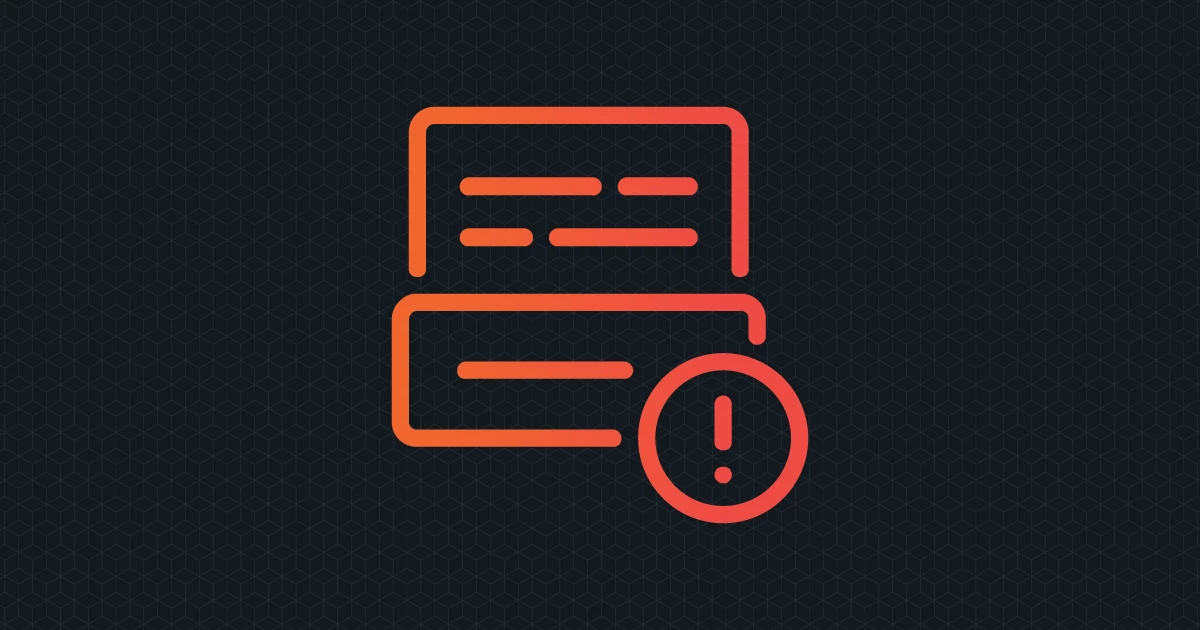Justin Hutchings
Director of Product Management for supply chain security. I manage the team that's behind Dependabot, the Advisory Database, and the dependency graph. Twitter: https://twitter.com/jhutchings0
Token scanning has reached a new milestone: one billion tokens identified. We’ve also added five new partners—Atlassian, Dropbox, Discord, Proctorio, and Pulumi.

If you’ve ever accidentally shared a token or credentials in a GitHub repository, or read about someone who has, you know how damaging it can be if a malicious user found and exploited it. About a year ago, we introduced token scanning to help scan pushed commits and prevent fraudulent use of any credentials that are shared accidentally.
Since adding token scanning, we’ve sent our integration partners one billion tokens for validation.*
As part of GitHub’s commitment to protecting our customers from security threats, we’re happy to announce that we’ve partnered with Atlassian, Dropbox, Discord, Proctorio, and Pulumi to scan for their token formats. They’re in good company, joining other service providers including Alibaba Cloud, AWS, Azure, Google Cloud, Mailgun, npm, Slack, Stripe, and Twilio in protecting developers. Now if you accidentally check in a token for products like Jira or Discord, the provider gets notified about a potential match within seconds of check-in, allowing them to revoke the token before it’s used maliciously.
On a typical day, we see almost nine million commits pushed to GitHub. Within seconds of those commits being pushed (or private repositories being made public), we scan the contents for a number of known token formats. When we detect a match, we’ll notify the appropriate service provider and they’ll respond accordingly—revoking the tokens and notifying the affected users.
Here’s an example of how one user was notified about a Discord token that was accidentally submitted to a public repository:

If you’re a cloud or API service provider using tokens for authentication and authorization and would like to protect your users from these rare, but potentially devastating scenarios, we’d love to work with you.
It’s as simple as a bit of paperwork, defining some regular expression to match your token format(s), and setting up an API endpoint.
Learn more about becoming a GitHub token scanning partner
* “Tokens for validation” represents the number of tokens we’ve sent to our token scanning partners for potential matches and thus may include false positives. GitHub notifies the appropriate service provider to respond accordingly—revoking the tokens and notifying the affected users—but we do not receive data on the number of validated tokens from partners.

Our best practices for quickly identifying, resolving, and preventing issues at scale.

Plus, considerations in updating one of GitHub’s oldest and most heavily used features.

How to build custom annotations for your design system components or use Figma’s Code Connect to help capture important accessibility details before development.